I write to you in this Link Up from the Association for Principals of Catholic Secondary Schools Retreat. This Retreat, held every two years, has a purpose much like the Retreats and Reflection Days we provide for our students at the College; to prioritise time for spiritual reflection and development, and to be invited into a space where we may grow, so we may better serve the communities to whom we act in service in our leadership roles.
This year’s Retreat “Listen to what the Spirit is saying”, has provided many opportunities for reflection and growth, but I wanted to share one topic that I found particularly impactful. The topic of The Healing Power of Forgiveness is one that is so relevant to us as a community of students, staff and families, and to the model of Restorative Justice that is the foundation of the work undertaken in the College to repair and heal when relationships are damaged. I hope, in sharing this excerpt, it may similarly encourage and challenge you.
Gavin McGlaughlin
Principal
Healing Power of Forgiveness Excerpt
Forgiveness is the heart of the Gospel
Forgiveness is the heart of the Gospel. The heart of the Christian Gospel and it is very difficult to see how people who do believe in the Gospel of Christ can reconcile unforgiveness with believing in Christ, and yet we know that that does happen and can happen to us too – in our own life we can try to hold on to resentments and to bitterness, to the desire to get our own back and at the same time try to live the Gospel of Christ. Gregory Jones who has written a wonderful book on forgiveness some time ago said, says, “those who are forgiven by Jesus are called to embody that forgiven-ness in the new life signified by communion with Jesus and that of the other disciples – indeed – that forgiven-ness calls believers to live penitent lives and seek to reconstruct human relationships in the service of holiness of heart and life”.
Gift of God and a Human Process
The power to reconstruct, the power to give a new shape and a new direction to one’s life when one has been badly hurt – comes through forgiveness. Forgiveness is primarily a theological concept – a religious concept and I suppose that is why for such a long time the world of psychology left forgiveness to the religious people, to the preachers, to the ministers, the theologians. They never looked at forgiveness – now thank God they are beginning to pay attention to the process of forgiveness – because forgiveness is not just a gift of God it is also a human process. And a human process that involves a great variety of human emotions. And so certainly a subject that psychology can teach us a great deal about as they examine the process, how does this human process of forgiving unfold? Where does it becomes stuck and how does it become unstuck. We can learn a great deal from what phycologist today are writing about forgiveness.
We are a forgiven, forgiving people
We are a forgiven, forgiving people – that is the very definition of the Church. If we are forgiven then we in turn forgive. We can not reconcile being forgiven and being unforgiving. Of course Christ built that in to his prayer didn’t he; “forgive us as we forgive them!” There is no real leeway there at all – we are either forgiving or we are unforgiving. It is clear – a clear sharp contrast. Forgiveness of course originates in God because that is the very nature of God – to be forgiving. And God forgives us – long before we repent. Our repentance doesn’t merit God’s forgiveness. Our repentance is the means through which we receive it. Through repentance we don’t merit forgiveness but through repentance we are open – we open ourselves to receive the gift of forgiveness. And once given that gift of forgiveness is to be shared and so the Church is the community that receives the forgiveness of God and shares that forgiveness that it has received with everyone. Nobody is excluded from the forgiveness that we receive in our own hearts. If someone is excluded then we ourselves have not opened to the gift of forgiveness.
“From the perspective of love and spirit, forgiveness is willingness to let go of the hurtful past. It is the decision to no longer suffer – to heal your heart and soul – it is the choice to no longer find value in hatred or anger – and it is the letting go of the desire to hurt others or ourselves because of something that is already in the past. It is willingness to open our eyes to the light in other people rather to judge and condemn them.”
“Forgiveness, the greatest healer” – Jampolsky
“Forgiveness is a willingness to abandon one’s right to resentment, negative judgement and indifferent behaviour towards one who has unjustly injured us while fostering the underserved qualities of compassion, generosity and even love toward him or her.”
“International Institute of Forgiveness” – Enright

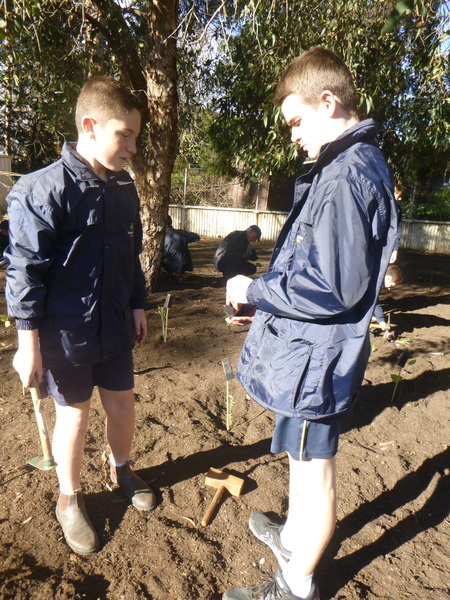
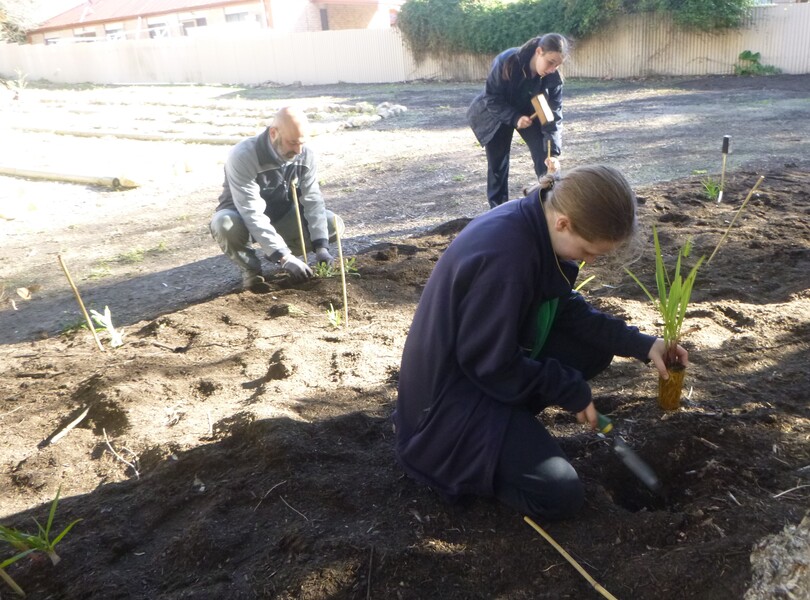
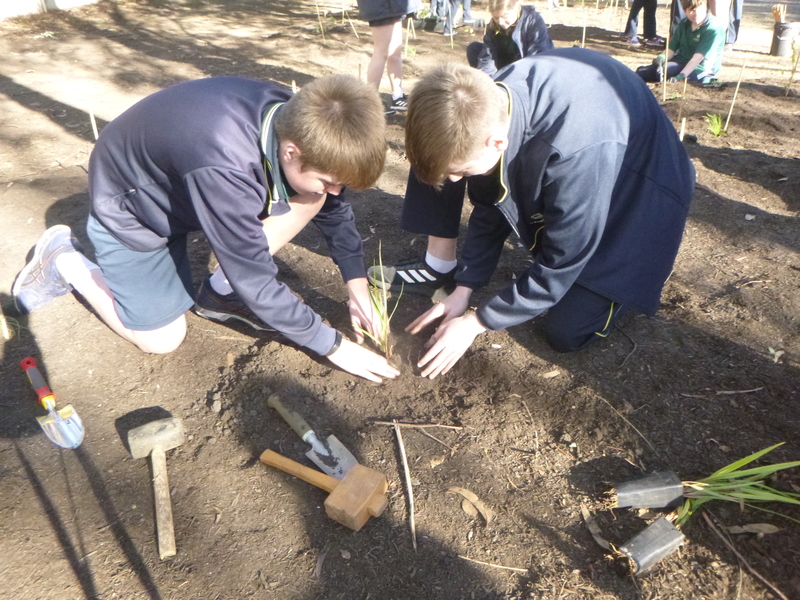
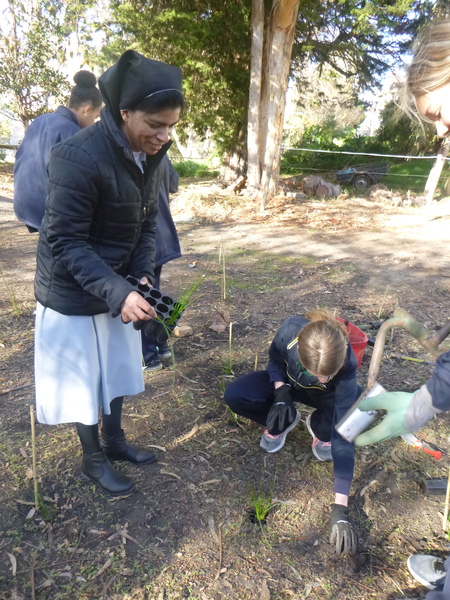
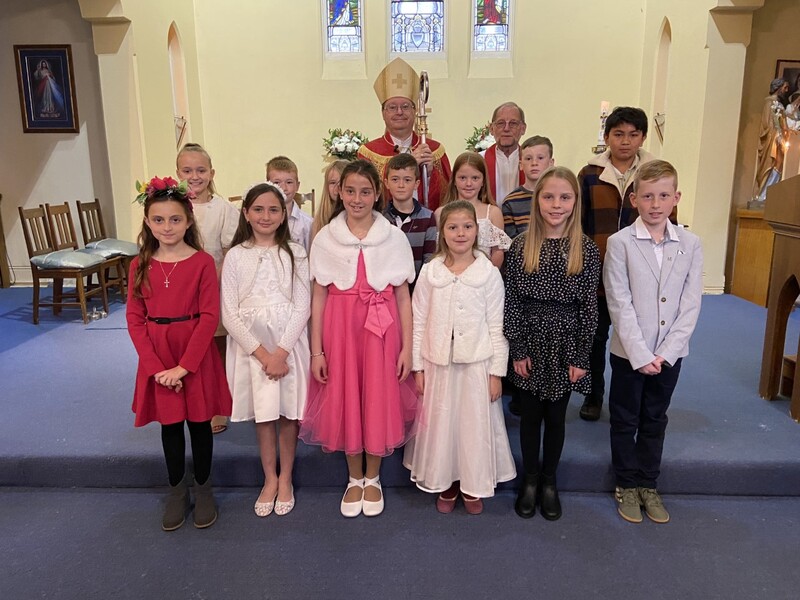
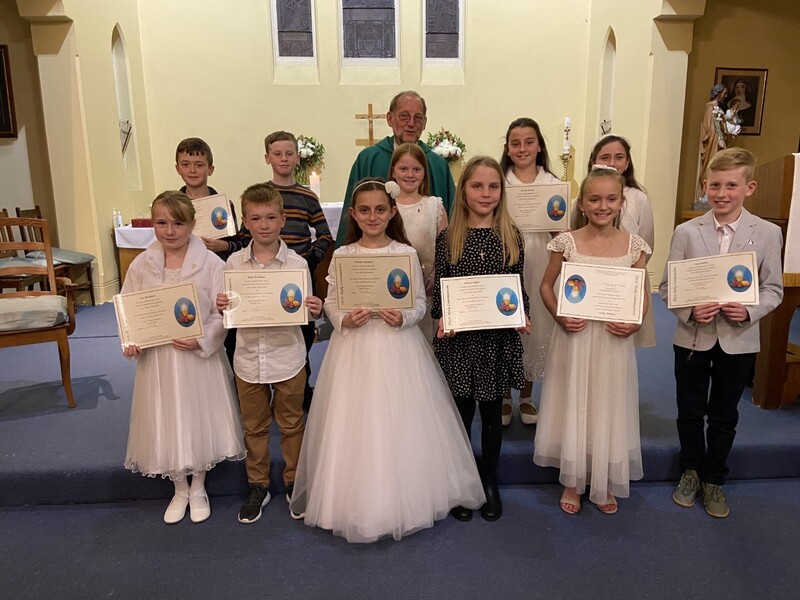
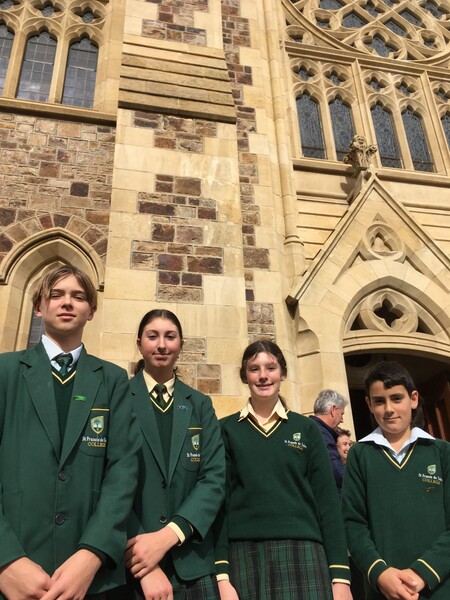
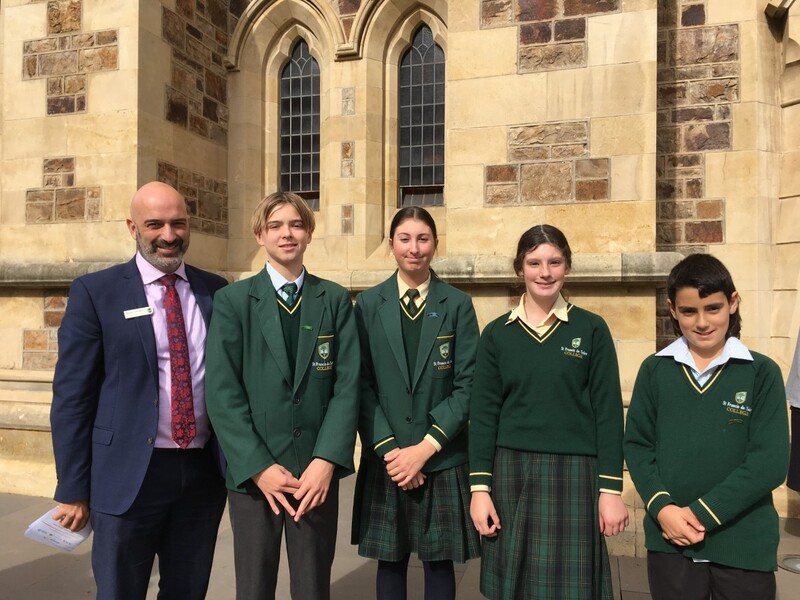

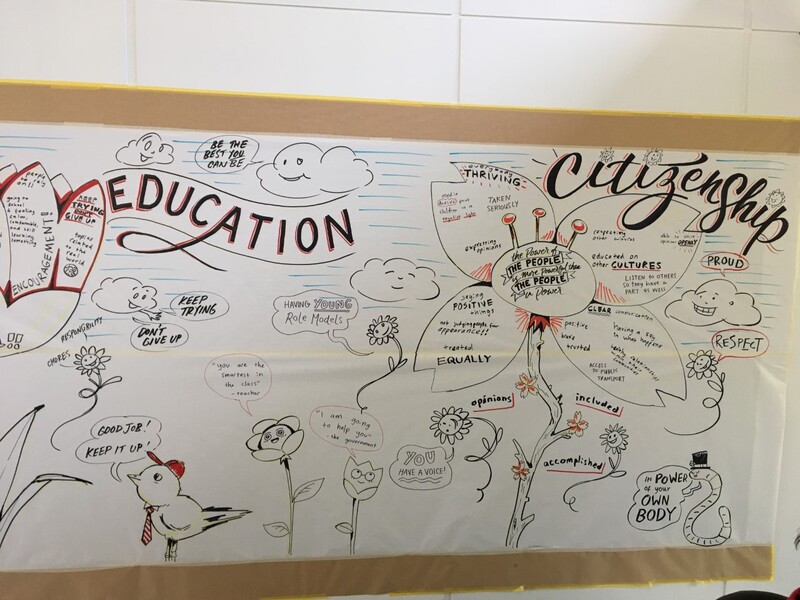
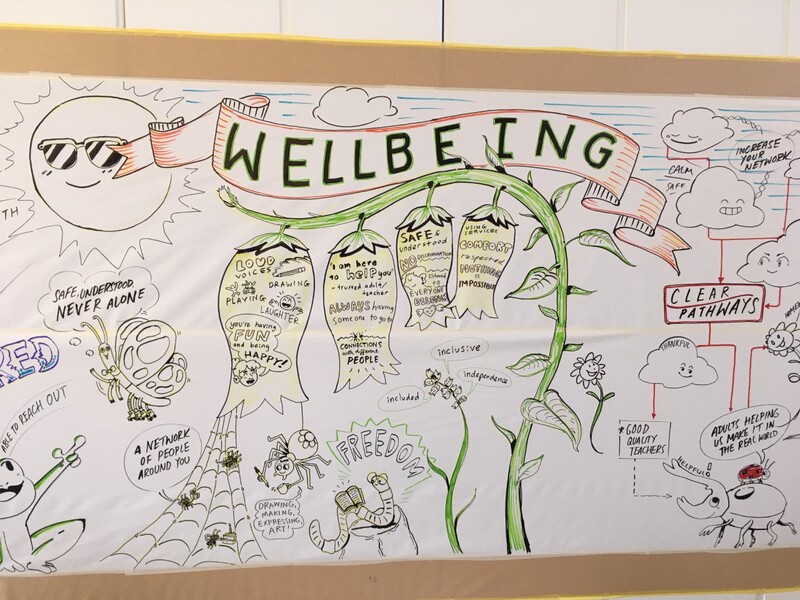
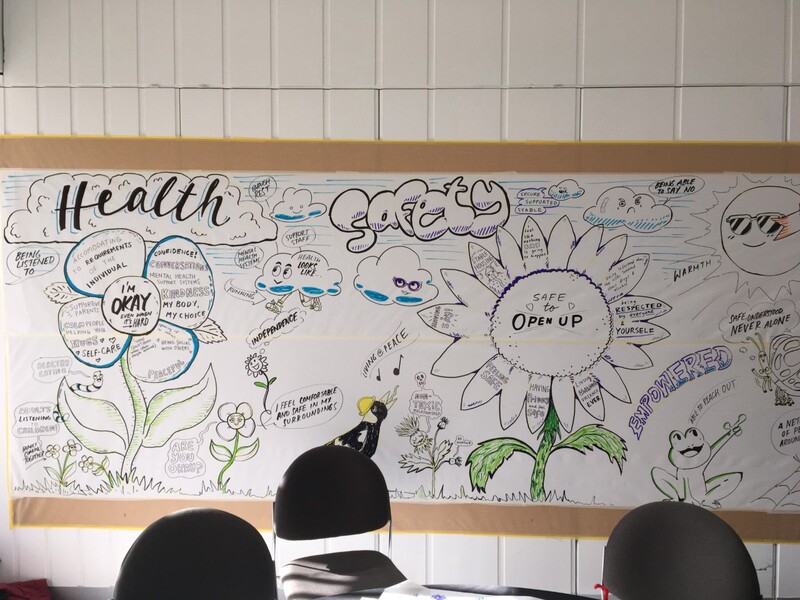
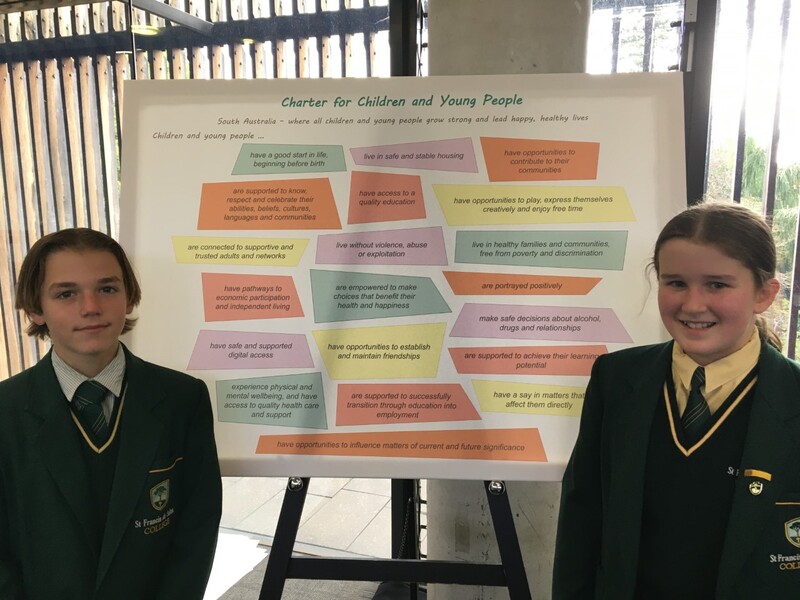
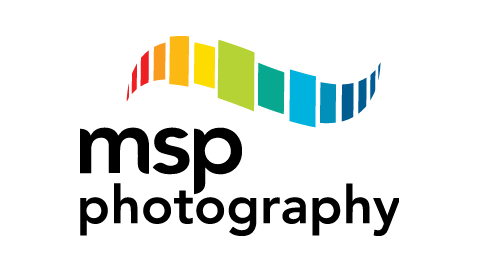
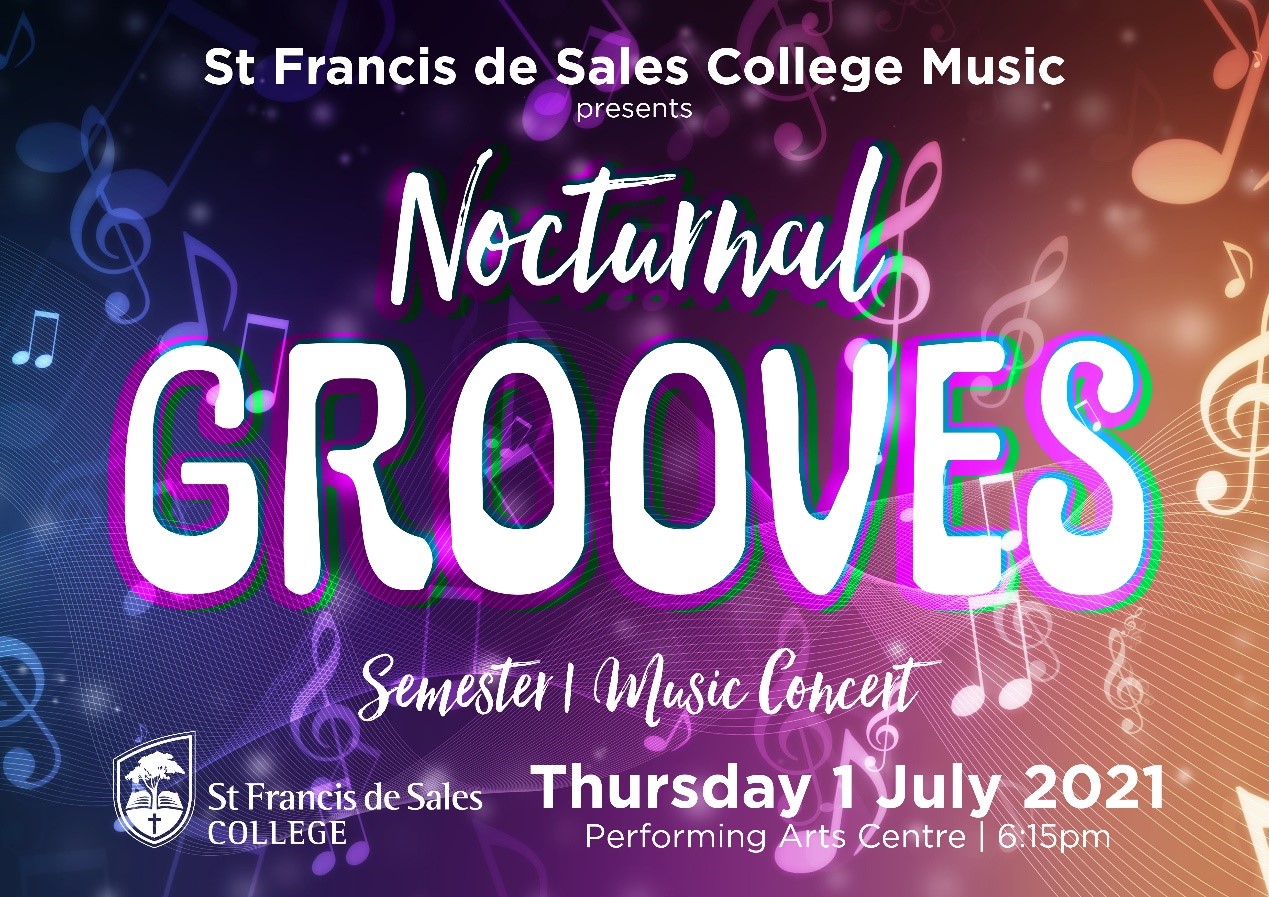
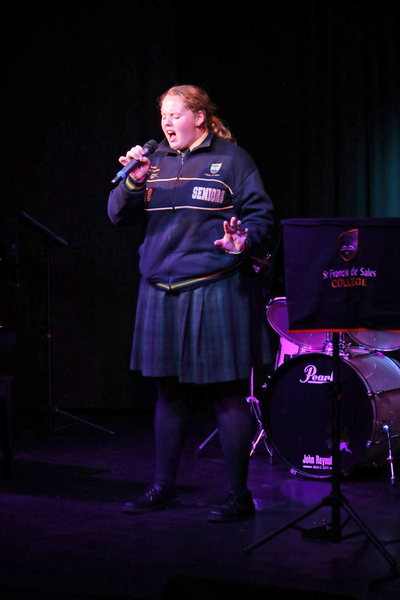
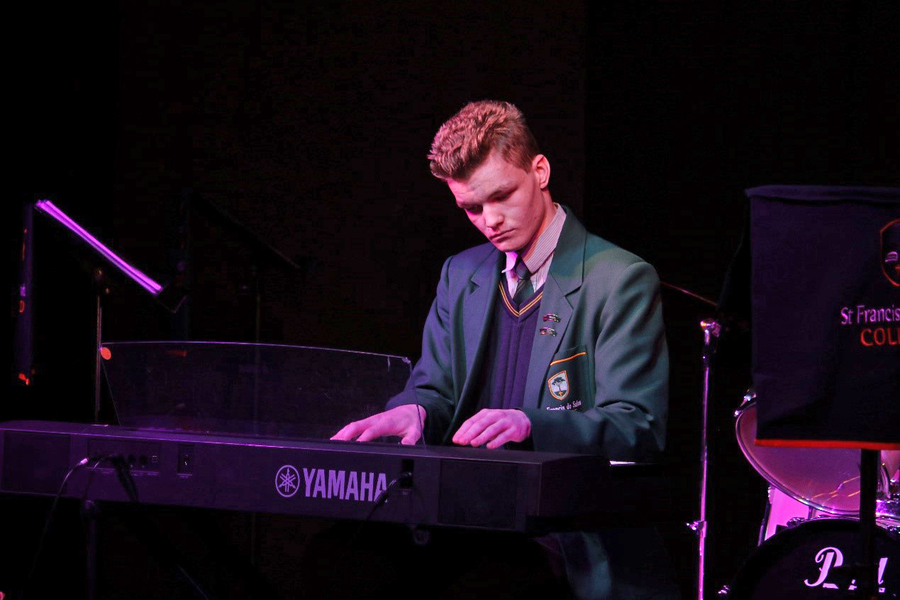
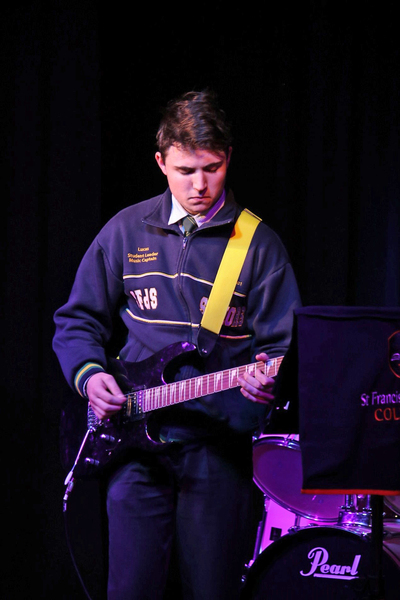
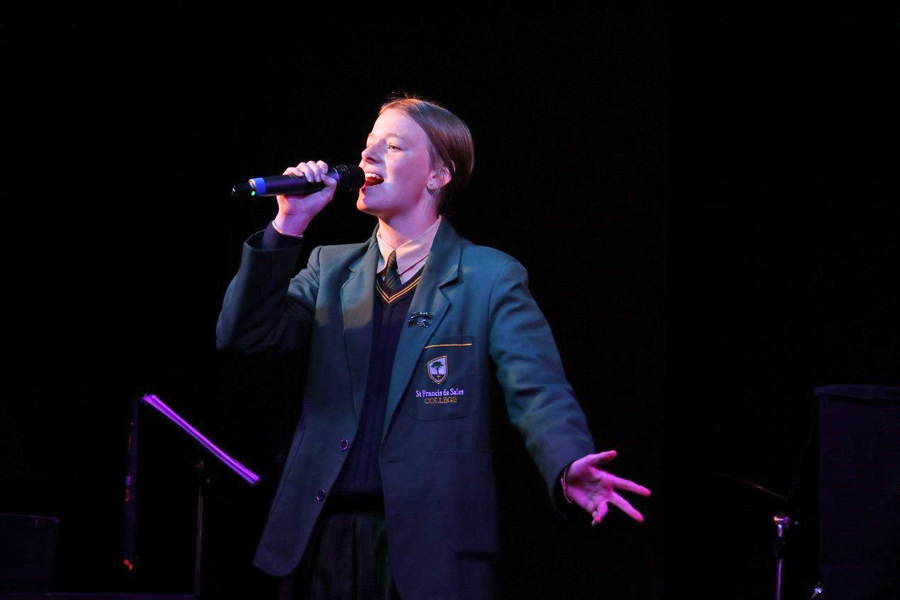
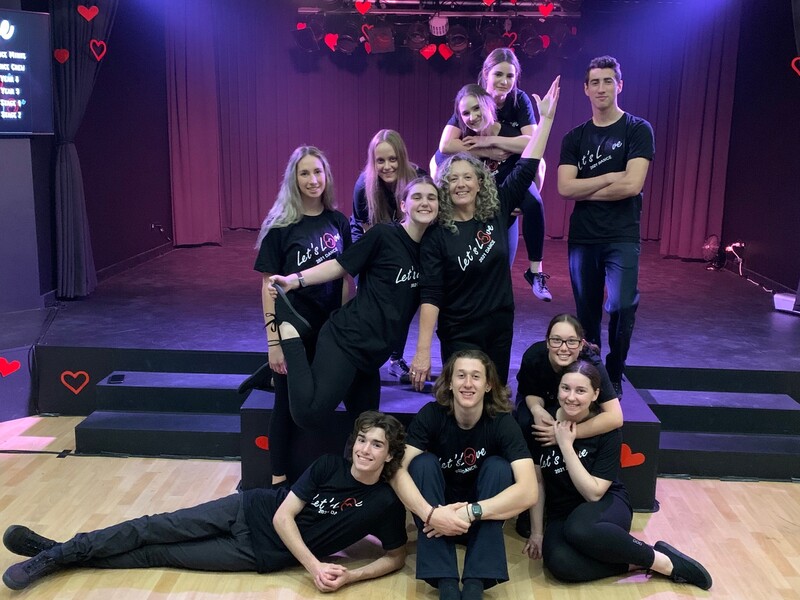
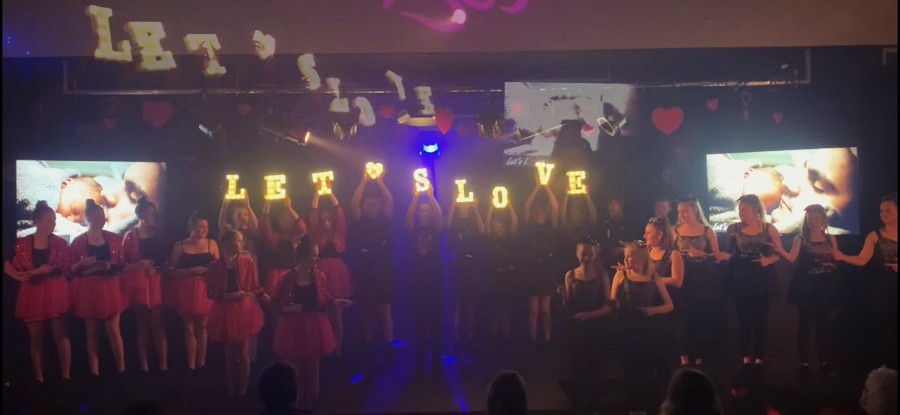
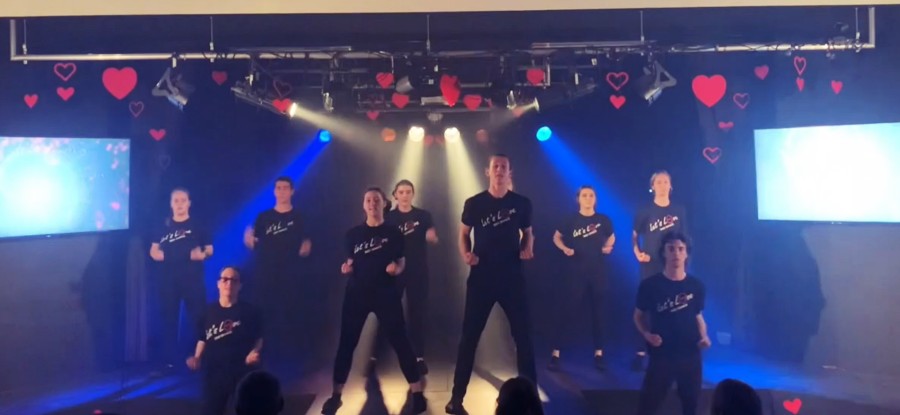
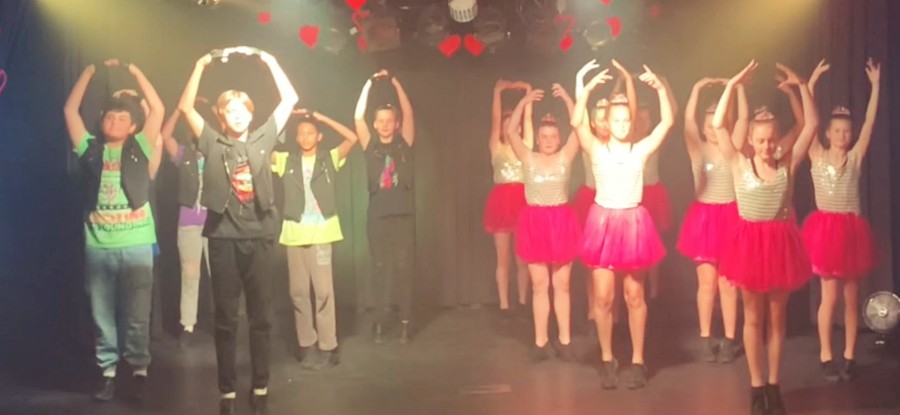
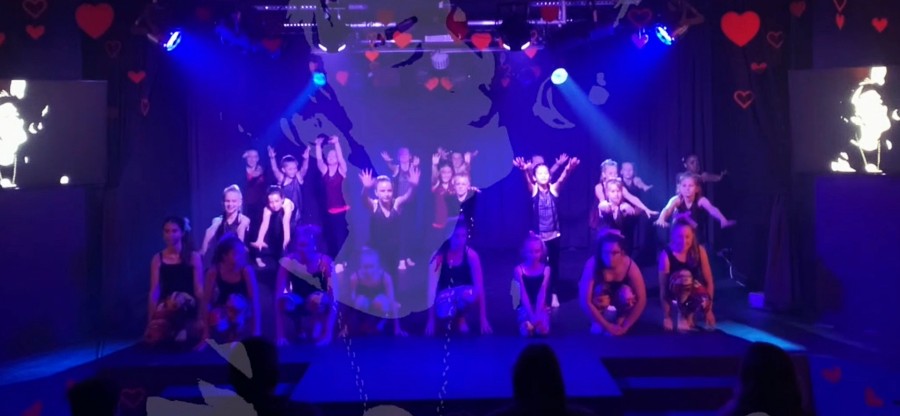
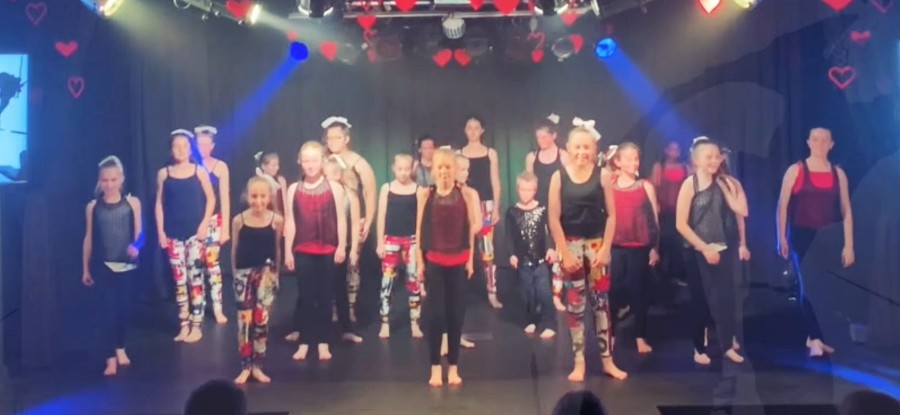

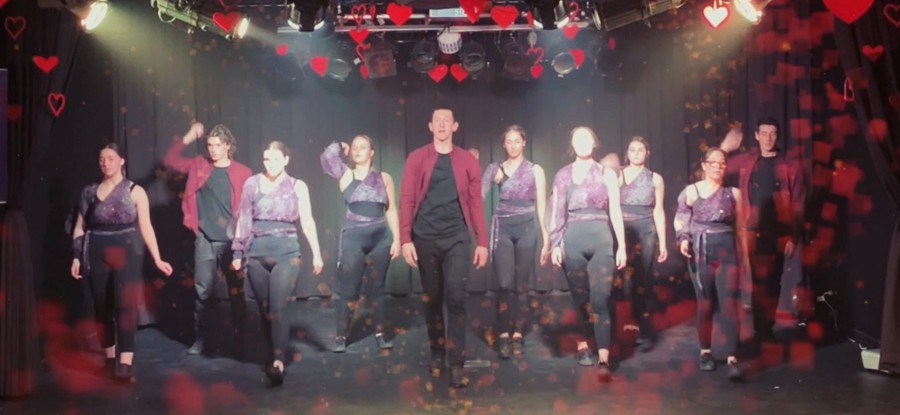
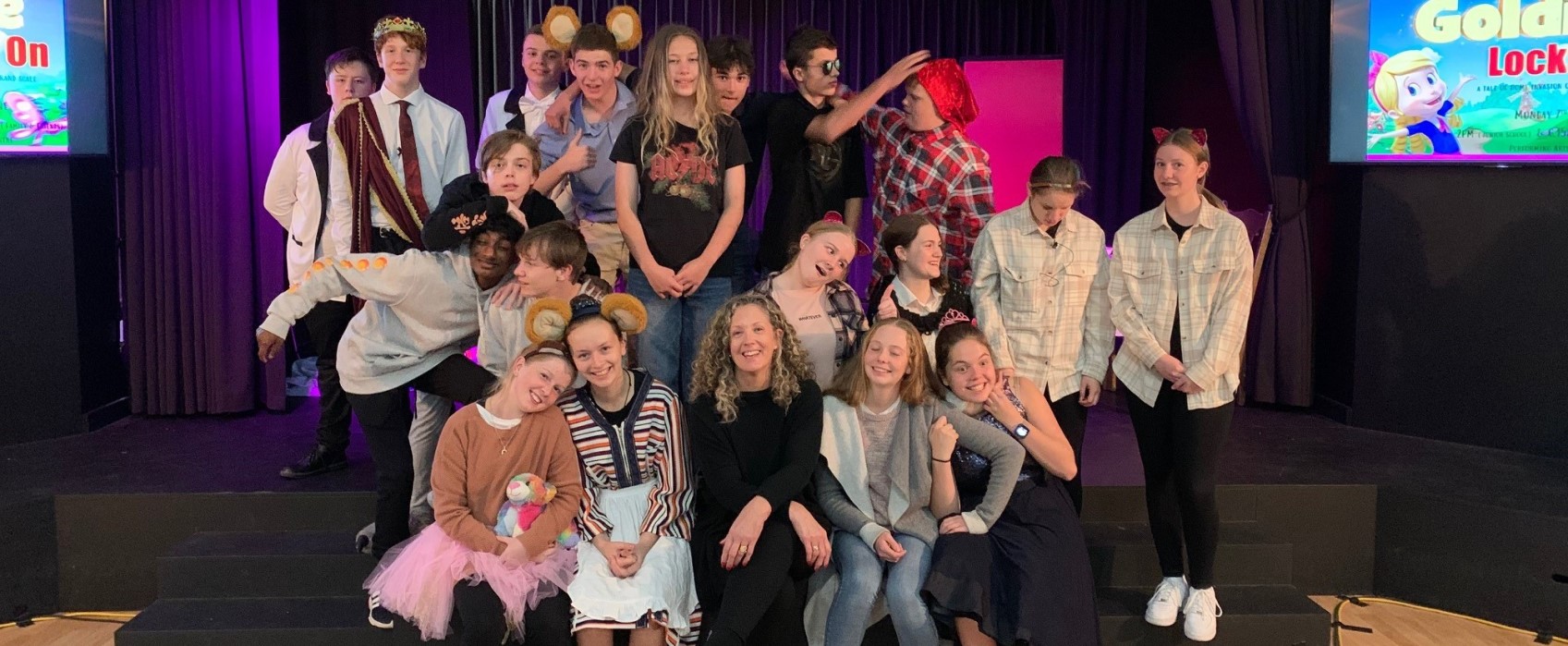






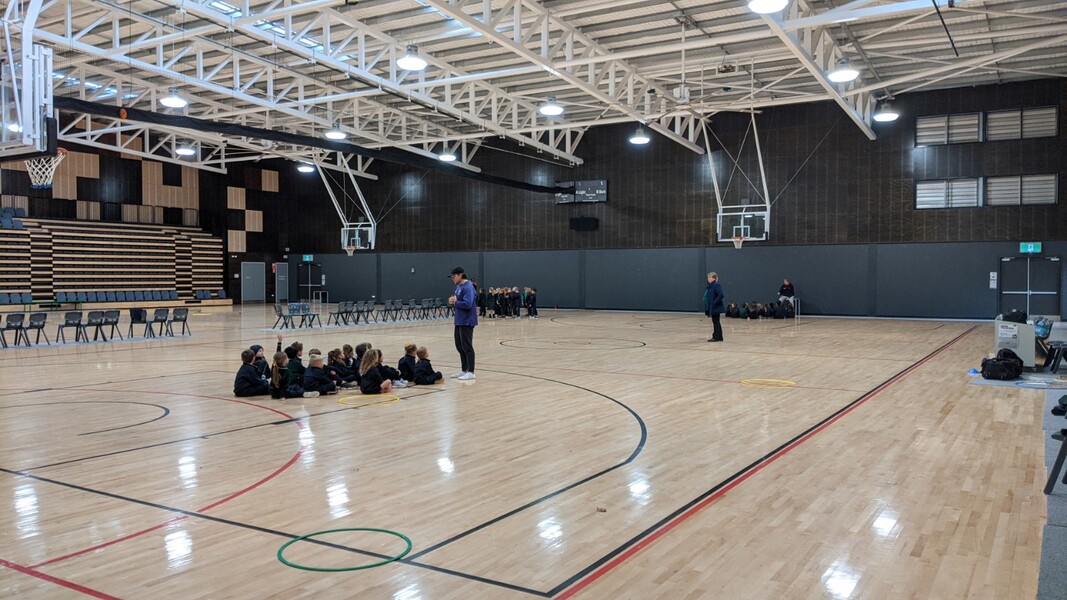

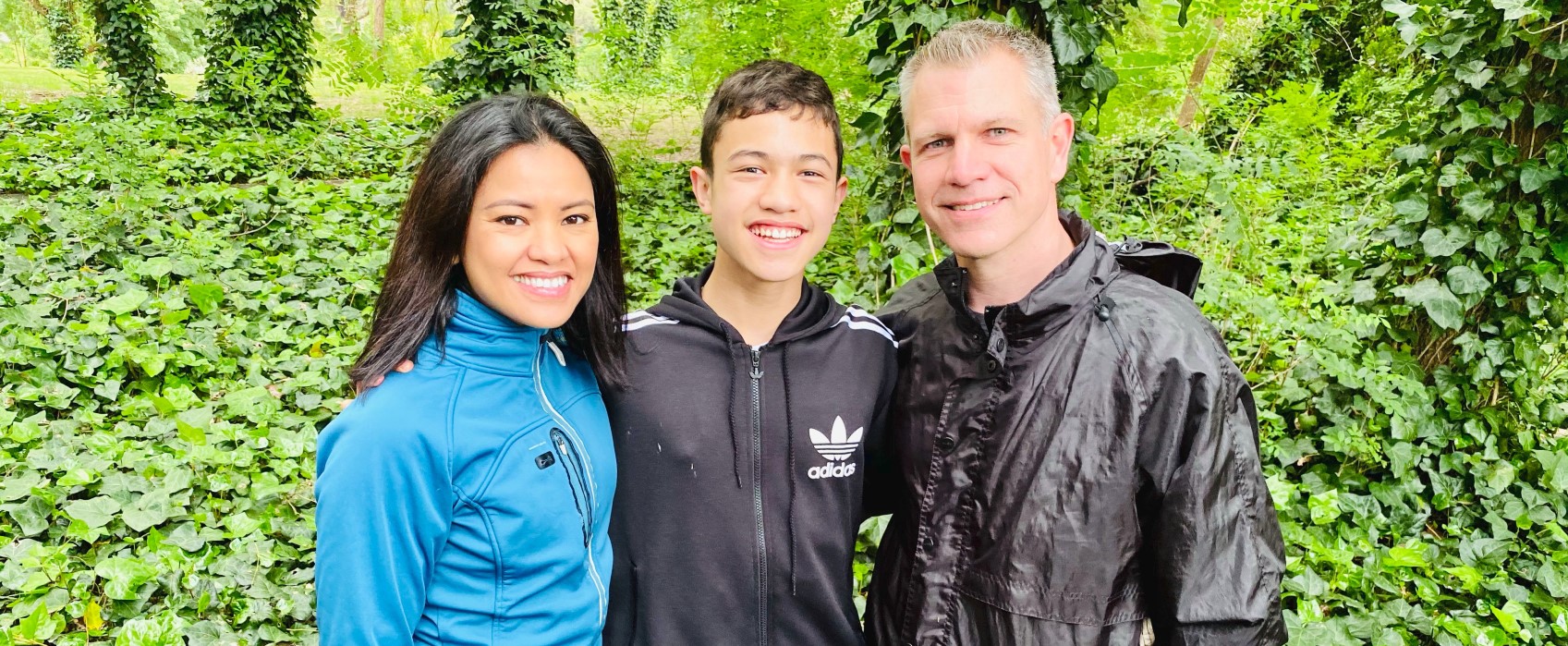

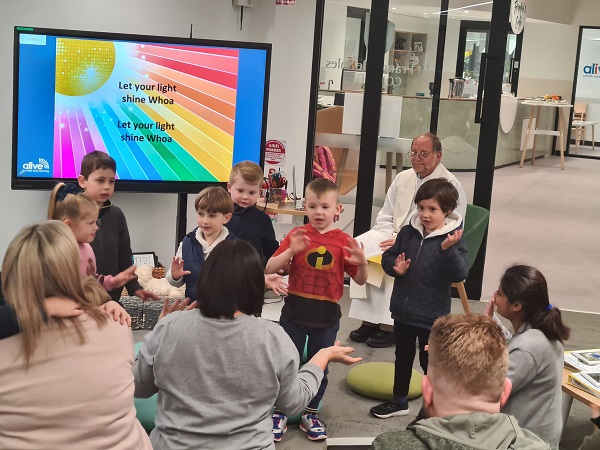
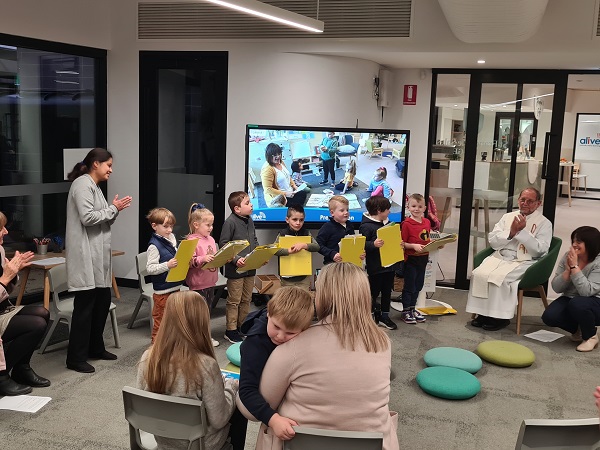
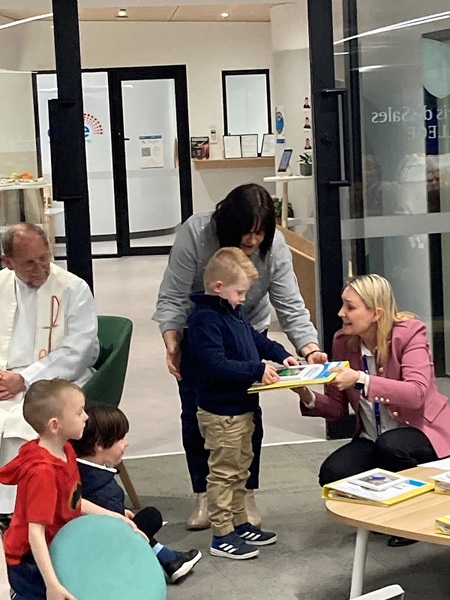
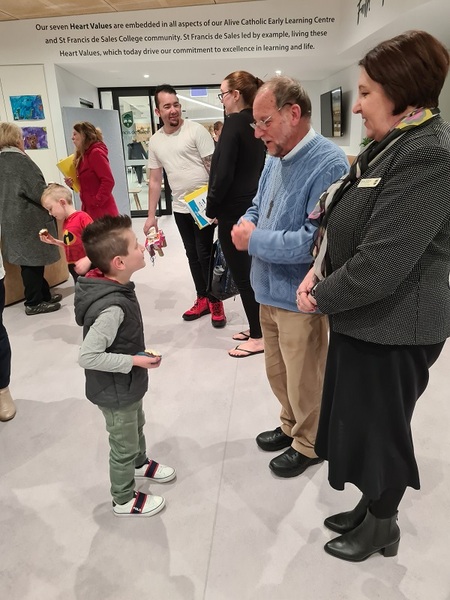










Social